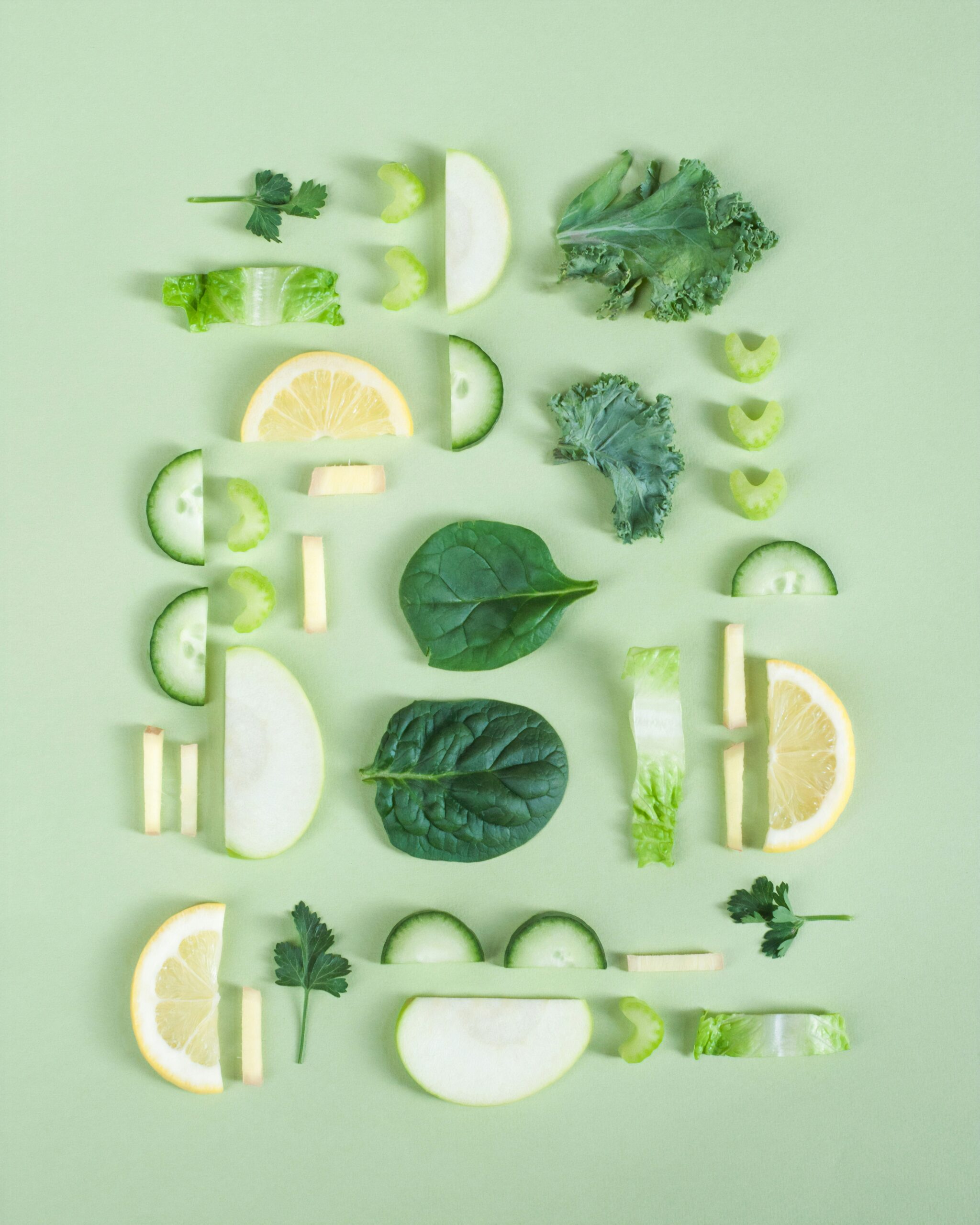

Introduction to the connection between food and plants
In a world bustling with fast food and processed snacks, it’s easy to overlook the profound connection between what we eat and how we feel. Our bodies crave nourishment, but so do our minds. At the heart of this relationship lies a treasure trove of plants—vibrant greens, colorful fruits, and hearty legumes that not only fuel us but also bring harmony to our overall well-being. By embracing plant-based eating habits, we can discover powerful benefits for our health while treading lightly on the planet. Join me as we explore how integrating more plants into our diets can transform not just our plates but also our lives in meaningful ways.
The Benefits of Plant-Based Eating for Your Body
Plant-based eating offers a treasure trove of health benefits. It’s packed with nutrients that support your body at every level. Fruits, vegetables, nuts, and grains are rich in vitamins and minerals essential for optimal function.
This diet is known to lower the risk of chronic diseases. Heart disease, diabetes, and certain cancers often find less fertile ground in those who embrace plants on their plates.
Moreover, plant-based foods can boost energy levels. They provide steady fuel without the crash associated with processed options loaded with sugar.
Digestion also gets a significant lift from fiber-rich choices found in whole foods like beans or leafy greens. A happy gut translates into better overall wellness.
Weight management becomes easier too. Plant-based diets tend to be lower in calories yet high in volume—keeping you satisfied while shedding excess pounds naturally.
The Environmental Impact of a Plant-Based Diet
Adopting a plant-based diet offers significant environmental benefits. By consuming more plants and fewer animal products, you can dramatically reduce your carbon footprint.
Animal agriculture is one of the leading contributors to greenhouse gas emissions. Livestock farming requires extensive land use, contributing to deforestation and habitat loss. Shifting towards a plant-focused menu helps alleviate this pressure on our planet’s resources.
Water usage is another critical factor. Producing vegetables typically consumes less water than raising animals for meat. This means that choosing beans over beef can lead to substantial water conservation.
Additionally, reducing reliance on animal products lowers pollution from manure runoff and antibiotic use in livestock farming. These practices often contaminate soil and waterways, harming ecosystems and human health alike.
Making mindful food choices has the power to foster sustainability while promoting biodiversity, creating a healthier world for all living creatures.
Incorporating More Plants into Your Meals: Tips and Tricks
Adding more plants to your meals can be simple and enjoyable. Start by exploring seasonal vegetables at your local market. Fresh produce not only tastes better but also packs in vital nutrients.
Try swapping out traditional grains for whole grains like quinoa or farro. These options bring added texture and flavor while boosting fiber intake.
Experiment with herbs and spices to enhance dishes without extra calories. A sprinkle of fresh basil, cilantro, or a dash of smoked paprika can transform the ordinary into something special.
Don’t forget about smoothies! Blend leafy greens like spinach or kale with fruits for a delicious way to pack in nutrients early in the day.
Get creative with plant-based proteins such as lentils, chickpeas, or tofu. They make excellent additions to salads, soups, and stir-fries while keeping you satisfied throughout the day.
The Healing Power of Gardening and Growing your own Food
Gardening offers more than just fresh produce; it nurtures the soul. The simple act of planting seeds connects us to nature, fostering a sense of purpose and accomplishment.
As you dig into the soil, stress melts away. The rhythmic motions of tending to plants provide a meditative escape from daily chaos. Each sprout is a reminder that growth takes time and patience.
Growing your own food also promotes mindfulness. Choosing what to plant encourages awareness about nutrition and sustainability. You start appreciating every carrot pulled from the ground or tomato plucked at peak ripeness.
Moreover, gardening can boost mental health by reducing anxiety levels. Spending time outdoors in sunlight boosts mood-enhancing hormones while cultivating beauty around you fosters joy.
Every garden becomes an oasis—a personal retreat where healing flourishes alongside vibrant vegetables and herbs. Embrace this journey as both nourishment for body and balm for the mind.
Conclusion: Finding Balance in Nourishing both your Body and Mind with Plants
Nourishing both your body and mind with plants is about more than just food. It’s an exploration of connection, balance, and well-being. By embracing a plant-based diet, you are not only supporting your health but also making a positive impact on the environment.
As you incorporate more plants into your meals, remember that every small change counts. You can mix vibrant fruits and vegetables into daily dishes or explore new recipes that excite your palate. Each bite becomes an opportunity to fuel yourself with nature’s bounty.
Gardening opens another door to this journey. Growing your own food allows for a deeper appreciation of what goes into our meals—both in terms of nutrition and effort. The therapeutic benefits of nurturing life from seed to plate cannot be overstated; it’s as much about mental clarity as physical nourishment.
Finding harmony between what we eat and how we feel enriches our lives in countless ways. As we continue to explore the relationship between food and plants, let’s celebrate the joy that comes from nourishing ourselves while caring for our planet at the same time.
